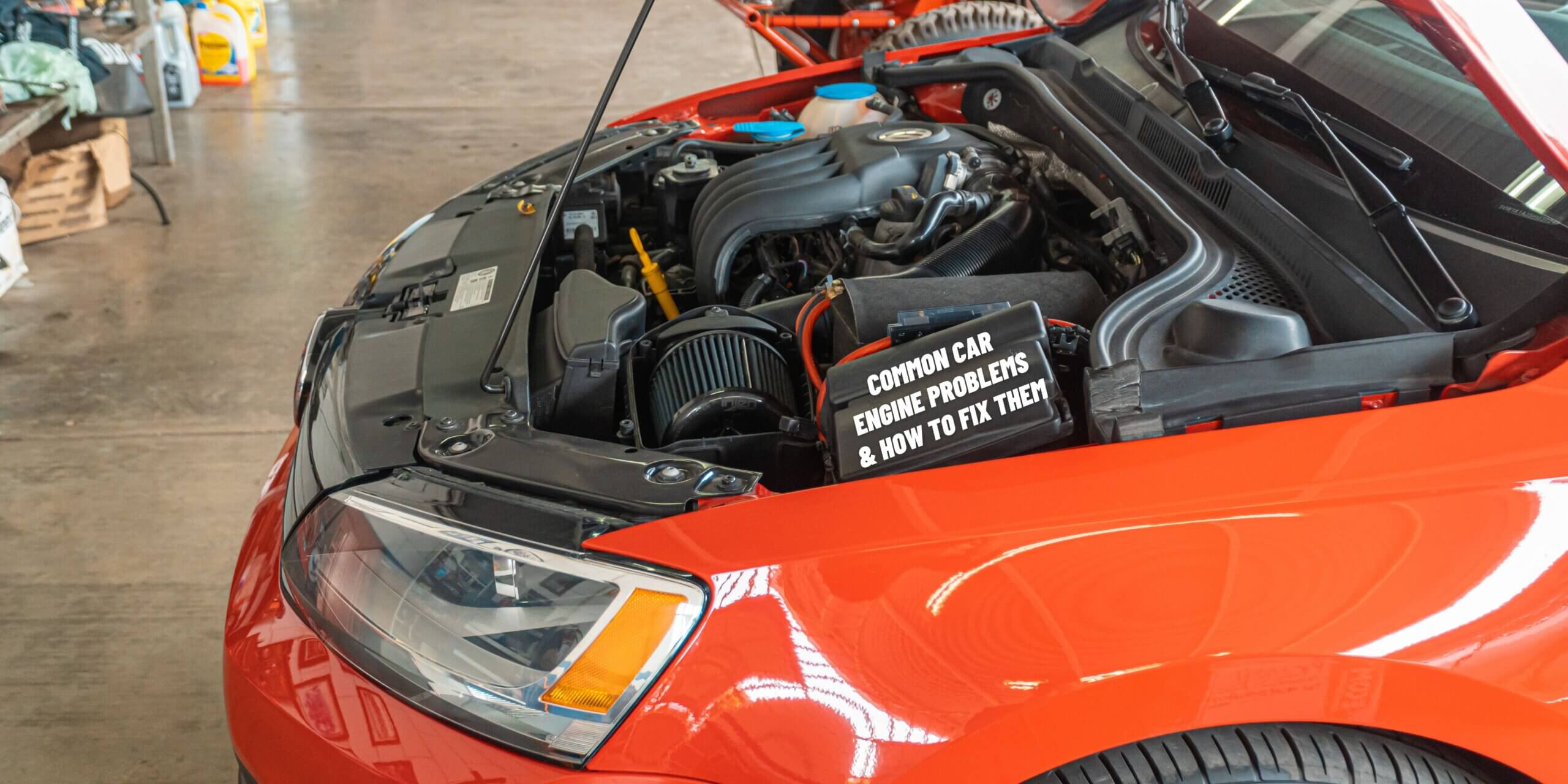
What Is the Most Common Cause of Engine Failure?
Engine failure is a dreaded issue for car owners, often resulting in costly repairs and inconvenience. The most common cause of engine failure is the lack of regular oil changes, leading to wear and tear of engine parts. This can result in overheating and eventual breakdown. While other factors like cooling system malfunctions and driving habits can contribute, regular maintenance, especially timely oil changes, is key to preventing engine failure. Understanding this central issue equips car owners with the knowledge to maintain their engine’s health, saving both time and money. In this blog, we’ll explore the primary culprit behind engine failure.
1. Lack of Regular Oil Changes: The Leading Cause
The most common problem of engine failure is the lack of regular oil changes. Engine oil lubricates, cools, and cleans the engine’s moving parts. Skipping oil changes leads to the oil becoming dirty and losing its effectiveness. Over time, this can cause the engine parts to wear down, leading to overheating and failure. Regular oil changes, as recommended by the vehicle manufacturer, are essential to maintain engine health and prevent failure.
2. Other Contributing Factors to Engine Failure
While the lack of oil changes is a prime reason, other factors contribute to engine failure. These include overheating due to a malfunctioning cooling system, fuel mixture problems, manufacturing defects, and driving habits. Each of these factors alone or in combination can accelerate wear and tear, leading to engine breakdown.
3. How to Prevent Engine Failure
Preventing engine failure requires diligent maintenance and awareness of the warning signs. Regularly checking and changing the oil, monitoring the cooling system, addressing warning lights promptly, and being mindful of driving habits can dramatically reduce the risk of engine failure. Knowing the symptoms and addressing them early can save you costly repairs down the line.
4. What to Do If You Suspect Engine Failure
If you suspect engine failure, it’s vital to act quickly. Continuing to drive a failing engine can cause irreparable damage. Immediate professional inspection can diagnose the issue and determine the best course of action. Whether it requires repair or replacement, acting promptly can save both time and money.
5. The Cost of Ignoring Regular Maintenance
Ignoring regular maintenance, especially oil changes, comes with significant risks and costs. Besides the financial burden of repairing or replacing a failed engine, there’s the inconvenience of being without a vehicle.
If you suspect engine failure, taking immediate and appropriate actions is crucial to minimize damage and potential expenses. Here’s what you should do if you think your engine is failing:
- Pull Over Safely: As soon as you notice signs of engine failure, pull over to a safe location. Continuing to drive with a failing engine can cause further damage.
- Turn Off the Engine: Shut off the engine to prevent any additional wear or overheating. This step helps protect the remaining functional components.
- Call for Assistance: Whether it’s a roadside assistance service or a friend with mechanical knowledge, reach out for help. If necessary, arrange for towing to a reputable mechanic.
- Inspect for Obvious Signs: If it’s safe to do so, look for visible issues like leaks or smoke, which might help in diagnosing the problem. Take note of any unusual noises or symptoms to report to the mechanic.
- Consult a Professional Mechanic: Have a professional mechanic conduct a thorough examination to determine the exact cause of failure. They will provide the best course of action for repair or replacement.
- Review Your Options: Depending on the diagnosis, you may need to decide between repairing the existing engine or replacing it with a new or refurbished one. Consider costs, warranty, and the overall condition of the vehicle in making your decision.
- Maintain Your Vehicle Regularly: Prevention is the best solution. Regular maintenance, including oil changes, coolant checks, and timely addressing of warning signs, can help prevent future engine failures.
Suspecting engine failure can be a stressful situation, but knowing the right steps to take can make the process more manageable. Acting quickly and consulting a professional ensures the best possible outcome and can save you from more serious issues down the line.
Conclusion
The most common cause of engine failure is something as simple as neglecting regular oil changes. However, it’s a problem that’s entirely preventable with proper maintenance and care. Understanding this primary cause, along with other contributing factors, equips car owners to take appropriate measures to maintain their engine’s health. Whether it’s adhering to regular oil change schedules or being mindful of warning signs, these small steps can avert the significant problem of engine failure, ensuring a longer and more reliable life for your vehicle.





